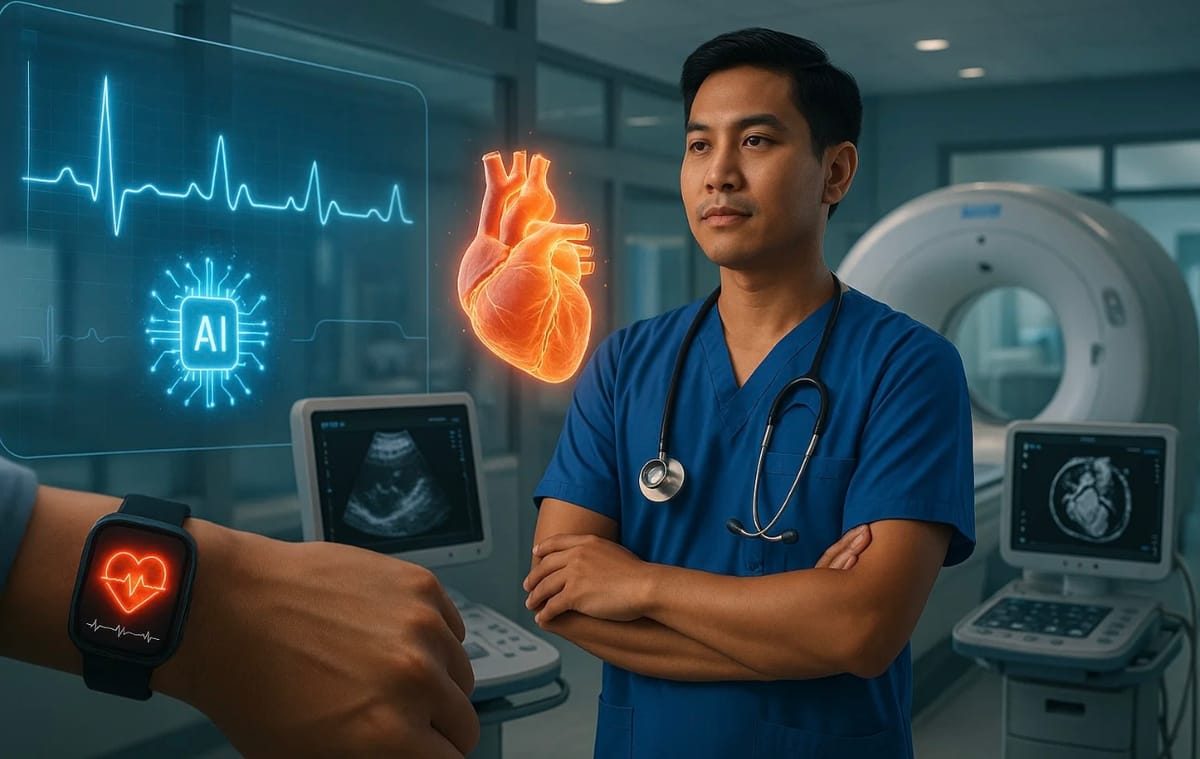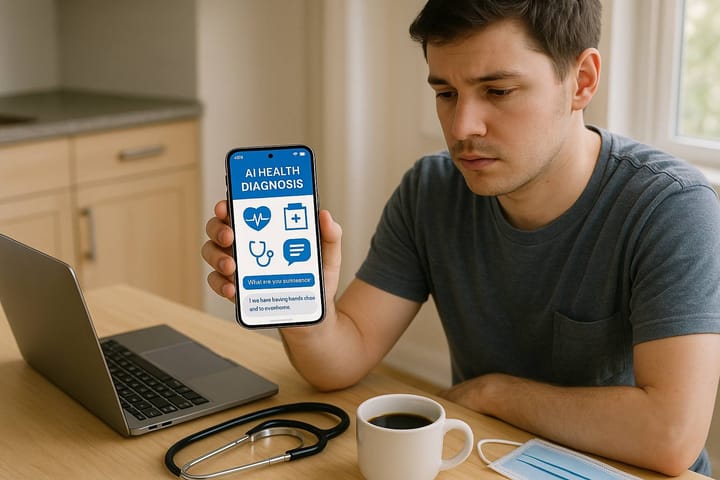Philips Drives Heart Health Transformation with AI Technology in Indonesia
Philips emphasizes that AI technology for heart health is the key to medical revolution, boosting early detection and access to care.

Philips Strengthens Heart Health Innovation in Indonesia
Amidst Indonesia’s high rate of heart disease, Philips emerges as a pioneer, highlighting the importance of advanced technology—especially artificial intelligence (AI)—to support heart health. Through partnerships with various healthcare institutions, Philips brings AI-based solutions that offer new hope for improving the quality of life for heart patients.
Indonesia’s Heart Health: An Alarming Reality
Heart disease remains the leading cause of death in Indonesia. Ministry of Health data notes that around 650,000 new heart disease cases occur every year. In addition, the economic burden from heart disease exceeds IDR 10 trillion annually. The distribution of cardiologists is also uneven, with only about 1,500 nationwide, making it difficult for those in remote areas to get proper care.
AI Innovations for Heart Diagnosis and Monitoring
Philips has integrated AI technology into heart imaging systems like the EPIQ CVx and Affiniti CVx. These systems can automatically analyze heart wall motion, quickly and precisely identifying abnormalities. Global studies prove AI’s ability to detect Regional Wall Motion Abnormalities rivals experienced echocardiographers, speeding up diagnosis and intervention
Strategic Collaboration: Equal Cardiovascular Services
Philips partners with Harapan Kita National Cardiac Center, the Indonesian Heart Foundation (YJI), and the Indonesian Private Hospital Association (ARSSI) to accelerate AI technology adoption. The goal is to expand access beyond big cities, reaching people in Indonesia’s outermost, remote, and underdeveloped (3T) regions. The Collaboration Live Ultrasound innovation enables real-time consultations between regional doctors and experts in major hospitals, speeding up crucial medical decisions.
Wearables and Real-Time Heart Monitoring
Philips is also developing wearable devices that monitor heart conditions in real time. This technology allows patients to get early warnings, and doctors can access real-time data to speed up critical treatment. With cross-facility patient data integration, healthcare services become more connected and efficient.
AI Impact: Efficiency and Quality of Service
AI use not only accelerates diagnosis, but also simplifies clinical workflows and boosts doctor confidence in decision-making. This efficiency is crucial to reducing Indonesia’s economic burden from heart disease.
Education and Digital Transformation in Remote Regions
Philips actively trains medical personnel nationwide, including those in remote areas. Through continuous training and technology transfer, the overall quality of cardiovascular services is rising. Digital transformation is also being pushed to answer the challenges of limited specialists and facilities.
Future Commitment: Technology Investment for All
A recent survey shows 74% of Indonesian healthcare leaders plan to invest in generative AI within the next three years. This aligns with Philips’ vision of accelerating digitalization of cardiac care and bringing the benefits of technology to all corners of the country. Through inclusive strategies, Philips positions technology as a core solution for Indonesia’s heart health challenges.
New Hope for Indonesia’s Heart Health
Innovation and collaboration are the foundations of transforming cardiac care in Indonesia. With Philips’ AI technology, access, efficiency, and the quality of heart care are set to improve significantly—bringing new hope for a healthier future.





Comments ()